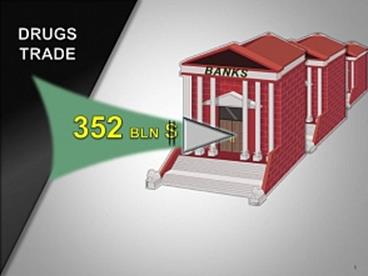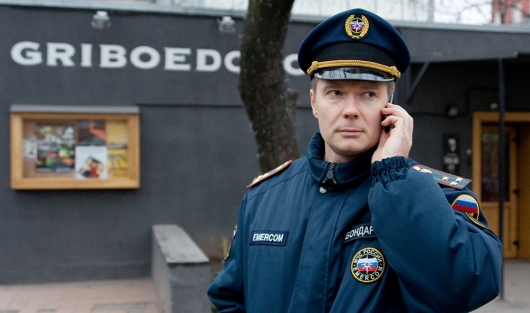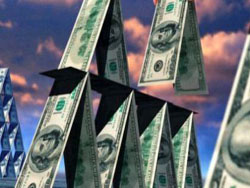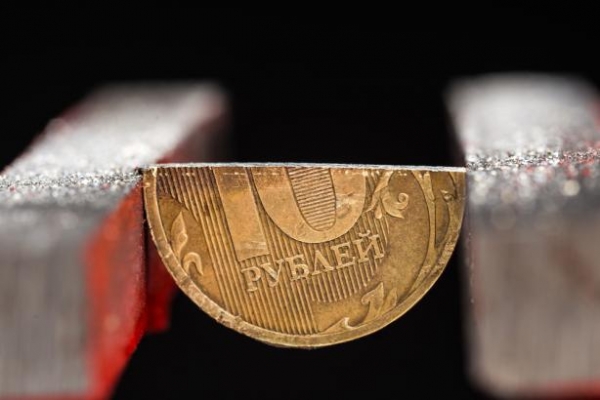
Results of financial-economic activity of the organizations of wholesale trade in the Russian Federation for the IV quarter of 2015 allow to establish the refraction relatively positive industry dynamics, state the experts of the Institute for statistical studies and Economics of knowledge, national research University-Higher school of Economics (HSE) in the next monitoring “the Business climate in the wholesale trade in the fourth quarter of 2015.”
As stated in the review for the first time since 2009, the main indicator of the survey — the business confidence Index (CPI) — dropped to minus 1%. “The trading process went into a hard adaptation-crisis measures, which determined the appropriate accents in its functioning. By the end of 2015 destabilization of business activity resulted in low negative values of the indicators characterizing demand and sales wholesale. The observed dynamics of macroeconomic parameters are not yet able to specify the coordinates at which in 2016 will come the lost equilibrium of supply and demand”, — stressed in the study, excerpts of which leads Apache.
Experts note that the end of the trading season for the wholesale trade was marked by the consolidation of adverse trends on all major operating indicators of trading activity — order book turnover, sales volume. The carrying amounts of the latter amounted to minus 14% minus 12% in the fourth quarter of 2014.
According to the survey, in the fourth quarter the pace of decline of stocks has slowed. The balance of assessment of change indicator was minus 3% versus minus 6% in the third and first quarters of 2015 respectively.
A high proportion of entrepreneurs (47%), who cited the lack of firms ‘ own funds, and those who expressed dissatisfaction with high interest rates (38%).
The greatest dissatisfaction with the financial potential of their firms was expressed by the leaders engaged in sales of machinery and equipment (57%), vehicles (54 percent), agricultural raw materials (53%), timber (52%). To a lesser extent this problem has troubled the entrepreneurs engaged in wholesale deliveries of cosmetics, household furniture, pharmaceutical products.








